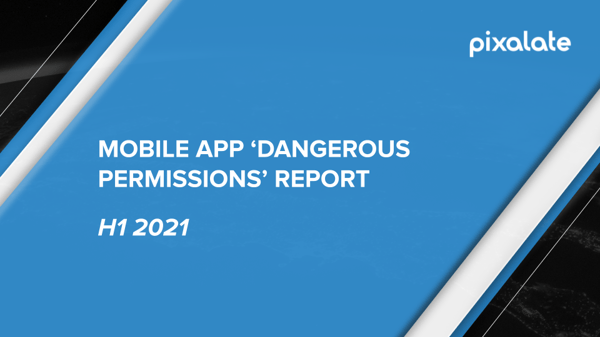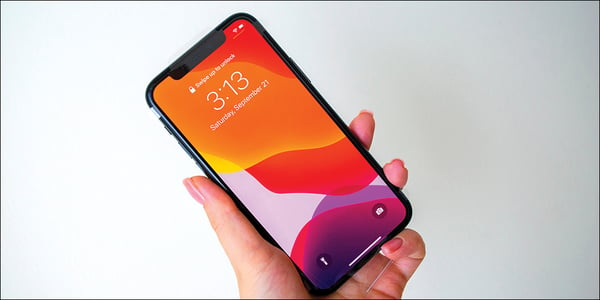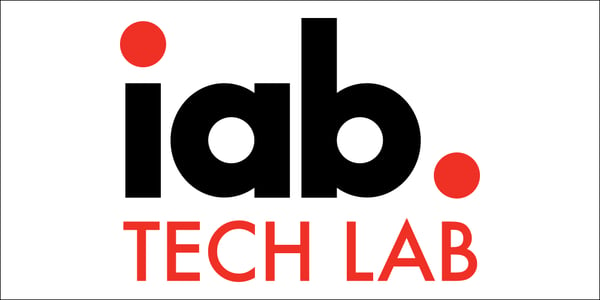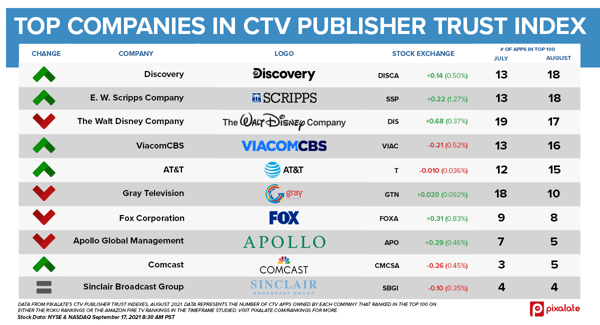
This week's review of ad fraud and quality in the digital advertising space.

Pixalate this week released the H1 2021 Mobile App ‘Dangerous Permissions’ Report containing insights about the permissions requested from mobile apps in the Google Play Store. Among the key findings: 2.34 million Google Play Store apps have at least 1 "dangerous permission" — 69% of all apps.
Want more? Register to watch our webinar on October 7, 2021, we will review this data — and other data about risk factors in the mobile in-app ecosystem — in greater detail.

From VentureBeat: "59% of Apple and 25% of Google delisted apps had no privacy policy detected, according to the H1 2021 Delisted Apps Report from Pixalate. On Google, 26% of delisted apps from Russia had no privacy policy detected; on Apple, 60% of delisted apps from China had no privacy policy detected."
9to5Mac and The Hindu also have coverage of Pixalate's report.


"Two major advertising trade groups—the American Association of Advertising Agencies and The Association of National Advertisers—issued statements today in support of the MRC and its mission of accrediting measurement companies," reported MediaPost. "Both also stressed the importance of developing a single integrated cross-media measurement system."

The IAB Tech Lab this week "announced the updated Content Taxonomy 3.0 structure to support contextual buying for connected TV (CTV) and expands the News category," according to a release. The taxonomy will be in a period of public comment until October 22. "Content Taxonomy 3.0 enables buyers to use a consistent, easy-to-understand language across the entire advertising ecosystem to segment and categorize all content," the IAB Tech Lab wrote.

Discovery, Inc. (DISCA) and E. W. Scripps Company (SSP) were the leaders of publicly-traded companies which own the highest-quality apps for advertisers in August 2021, based on Pixalate’s analysis in our Publisher Trust Index. Learn more in our analysis of quality Connected TV (CTV) apps for advertisers.
*By entering your email address and clicking Subscribe, you are agreeing to our Terms of Use and Privacy Policy.
These Stories on Weekly Recaps
*By entering your email address and clicking Subscribe, you are agreeing to our Terms of Use and Privacy Policy.

Disclaimer: The content of this page reflects Pixalate’s opinions with respect to the factors that Pixalate believes can be useful to the digital media industry. Any proprietary data shared is grounded in Pixalate’s proprietary technology and analytics, which Pixalate is continuously evaluating and updating. Any references to outside sources should not be construed as endorsements. Pixalate’s opinions are just that - opinion, not facts or guarantees.
Per the MRC, “'Fraud' is not intended to represent fraud as defined in various laws, statutes and ordinances or as conventionally used in U.S. Court or other legal proceedings, but rather a custom definition strictly for advertising measurement purposes. Also per the MRC, “‘Invalid Traffic’ is defined generally as traffic that does not meet certain ad serving quality or completeness criteria, or otherwise does not represent legitimate ad traffic that should be included in measurement counts. Among the reasons why ad traffic may be deemed invalid is it is a result of non-human traffic (spiders, bots, etc.), or activity designed to produce fraudulent traffic.”

